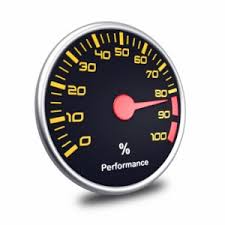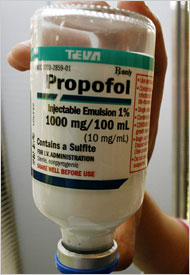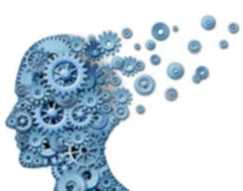Are you looking for more information on the Medical Personnel Reentry Inventory (MPARI)? If so, you should head over to our sister site: Earley Consultancy. If you want to more about the MPARI, read on and then head over there!
The MPARI is standardized assessment tool that is currently under development. A group physicians with extensive experience in the care of medical professionals gathered late in 2009 to discuss the timing of work reentry for healthcare workers. We agreed that medical personnel who develop addiction, due to issues of public safety, needed a tool to assess their readiness to return to work. The result of about a year of work is the first version of the MPARI. We want to stress that the MPARI is still in the early stages of its development. It has been designed by expert consensus and, as such, has not been validated. However, we believe it is a good start. We hope to expand the scope of the tool over the next several years and have planned to complete web-based assessment software to ease its use. If you would like to join our project, come visit us at this link: Earley Consultancy.

 Addiction treatment is unfortunately a hodge-podge of therapeutic interventions, collected together because of past experience and provider bias; we have very few evidence-based approaches to patient care. Many of us in the addiction treatment field would welcome research on what constitutes effective treatment. So why do we have so little scientific knowledge? The answer in a nutshell is money. Despite the pervasive nature of addiction and its untold effects on families and society at large, treatment effectiveness and outcome research is an infinitesimal portion of the national healthcare research budget.
Addiction treatment is unfortunately a hodge-podge of therapeutic interventions, collected together because of past experience and provider bias; we have very few evidence-based approaches to patient care. Many of us in the addiction treatment field would welcome research on what constitutes effective treatment. So why do we have so little scientific knowledge? The answer in a nutshell is money. Despite the pervasive nature of addiction and its untold effects on families and society at large, treatment effectiveness and outcome research is an infinitesimal portion of the national healthcare research budget. Addiction is a disease of excess. One might hypothesize how Michael Jackson was a victim of childhood abuse and wound up using drugs initially to quell this pain. We have
Addiction is a disease of excess. One might hypothesize how Michael Jackson was a victim of childhood abuse and wound up using drugs initially to quell this pain. We have  Researchers and clinicians in the field of addiction are discovering and discussing a long-known but here-to-for unnamed phenomenon in addiction, called Addiction Memory. We first used this term in our work eight years ago to describe a clinical phenomenon, whereby an individual who suffers from addiction has a specific, hard-wired recall of an addiction related euphoric event (or conversely, a horrid event) that was associated with drug or alcohol use. The event had to overwhelm normal memory channels, producing a memory video clip that the recovering addict cannot shake off. The intense replay of such memories haunts the recovering addict and produce relapse in its hapless victims. We noted its presence in some but not all drug and alcohol abusers, but especially in those who abuse rapid onset drugs (such as IV methamphetamine, crack and heroin). We have also noted that it appears more often in patients who have been the victims of trauma.
Researchers and clinicians in the field of addiction are discovering and discussing a long-known but here-to-for unnamed phenomenon in addiction, called Addiction Memory. We first used this term in our work eight years ago to describe a clinical phenomenon, whereby an individual who suffers from addiction has a specific, hard-wired recall of an addiction related euphoric event (or conversely, a horrid event) that was associated with drug or alcohol use. The event had to overwhelm normal memory channels, producing a memory video clip that the recovering addict cannot shake off. The intense replay of such memories haunts the recovering addict and produce relapse in its hapless victims. We noted its presence in some but not all drug and alcohol abusers, but especially in those who abuse rapid onset drugs (such as IV methamphetamine, crack and heroin). We have also noted that it appears more often in patients who have been the victims of trauma.